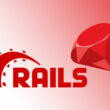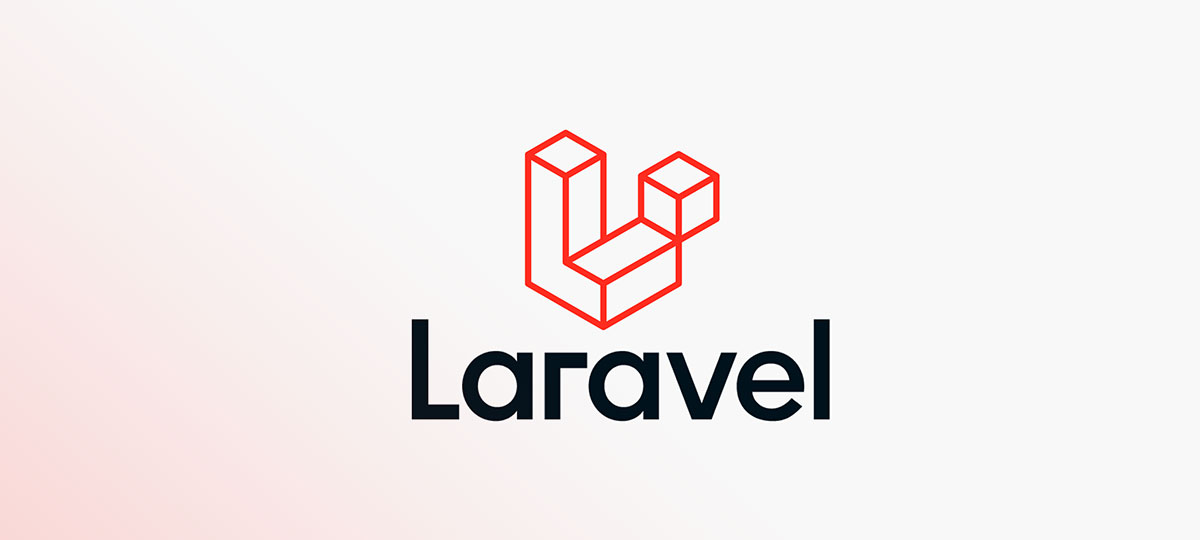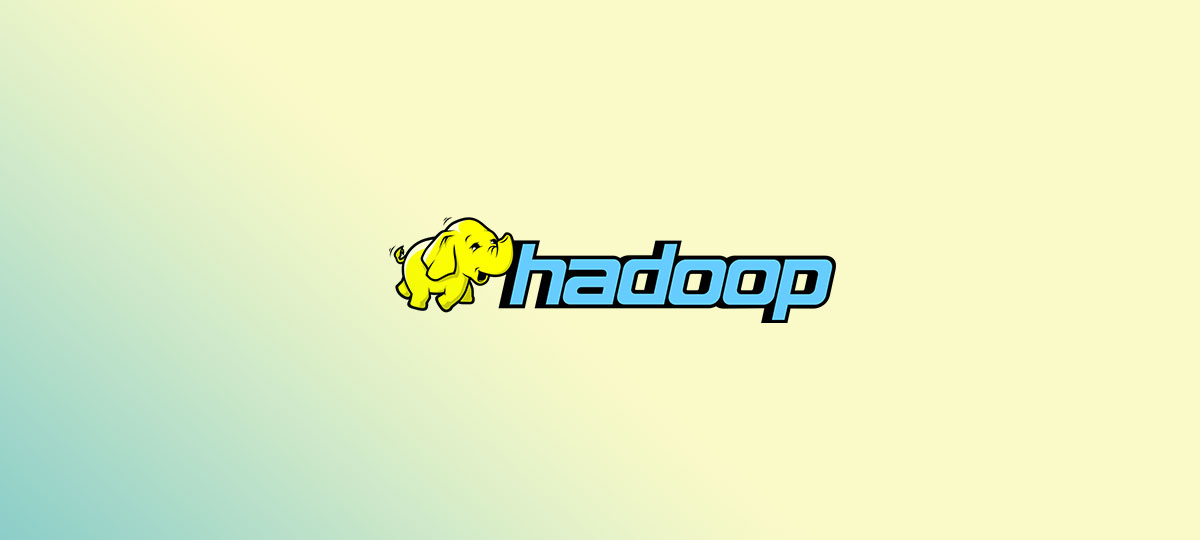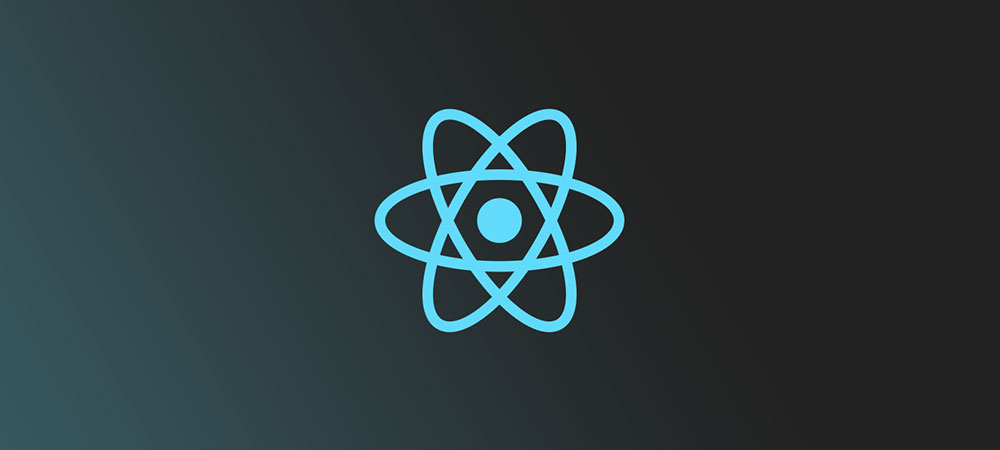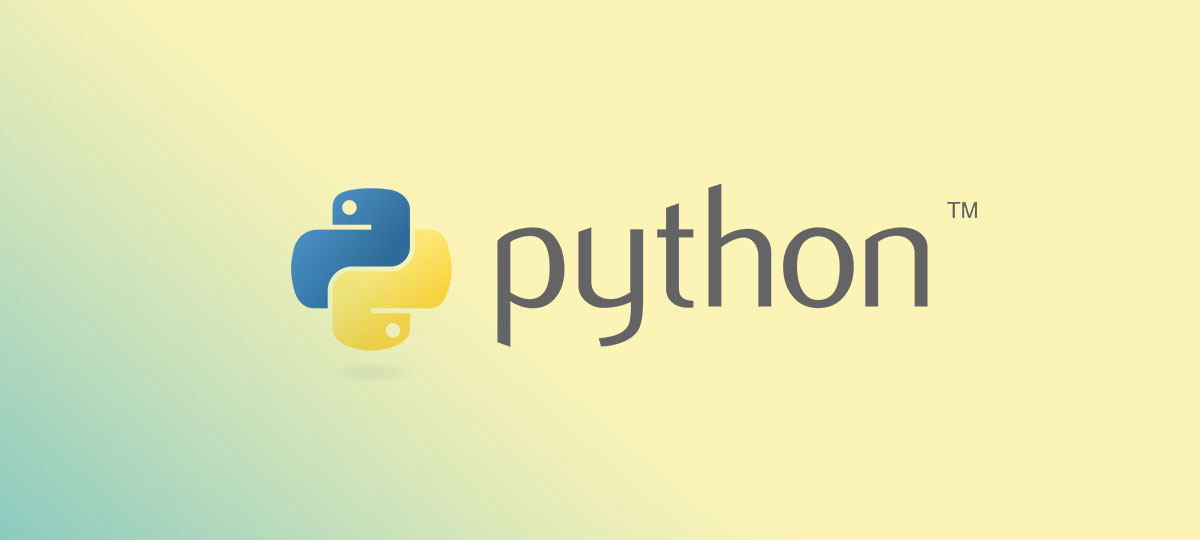Ever hit a tech roadblock? It stings. Especially when it’s your coding companion letting you down. Say hello to the dilemma of every developer cruising through the shores of web creation: finding the right framework. Laravel rocks, we know — but it’s not the lone star in the PHP galaxy.
This beast of a guide’s mission? To light up the Laravel alternatives universe. We’ve scoured the digital realm to arm you with a toolkit, bursting with backend contenders ready to take your code to new heights.
Here’s what’s on the menu:
- A backstage pass to Symfony’s legendary components.
- A speed date with CodeIgniter’s simplicity.
- A surprise twist: non-PHP frameworks that still sling some serious web magic.
By curtain call, you’ll have the 411 on which framework sings in tune with your project’s rhythm. Let’s unwrap these hidden gems together and keep your code ever so sharp. The future is a click away.
Laravel alternatives
| Laravel Alternative | Language | Type/Paradigm | Use Case/Popularity | Unique Features/Pros |
|---|---|---|---|---|
| Django | Python | Full-stack MVC | Popular for web applications with a focus on backend and admin interfaces. | Robust ORM, built-in admin, mature ecosystem |
| Express | JavaScript | Minimalist web framework | Widely used in the Node.js community for building REST APIs and web applications. | Simple, unopinionated, large number of plugins |
| Flask | Python | Micro web framework | Good for smaller apps or as a component in larger systems, also popular for APIs. | Lightweight, easy to extend, good for microservices |
| Rails | Ruby | Full-stack MVC | Favored for its convention over configuration philosophy, popular within the startup community. | Rapid development, rich ecosystem, good for MVPs |
| ASP.NET | C# | Full-stack MVC and Web API | Widely used in enterprise environments, and for integration with other Microsoft products. | Strong integration with Microsoft tools, high performance |
| Spring Boot | Java | Web framework, part of the larger Spring ecosystem | Popular for enterprise level applications, microservices, and cloud services. | Comprehensive DI framework, large community, embedded server options |
| Vue.js | JavaScript | Front-end framework | Commonly used for building interactive web interfaces and Single Page Applications (SPAs). | Reactive data binding, component-based, lightweight |
| React | JavaScript | Front-end library | Extremely popular for modern web UIs, maintained by Facebook. | JSX for components, strong community, large ecosystem |
| Angular | TypeScript | Full-stack MVC | Suitable for enterprise-scale applications, single-page applications, maintained by Google. | Two-way data binding, TypeScript support, CLI |
| Ember.js | JavaScript | Front-end MVC | Used for ambitious web applications, aims to increase developer productivity. | Convention over configuration, Ember CLI, built-in best practices |
| Meteor | JavaScript | Full-stack platform | Enables rapid prototyping and cross-platform (web, mobile, desktop) development. | Real-time capabilities, integrates with MongoDB, isomorphic JavaScript |
| Svelte | JavaScript | Front-end compiler | Innovative approach as a compile-time framework for building user interfaces. | No virtual DOM, less boilerplate, reactive without the need for libraries |
| NestJS | TypeScript | Progressive Node.js framework for backend | Great for building efficient and scalable server-side applications. | Uses TypeScript by default, supports GraphQL, built with and fully supports DI |
| Hapi | JavaScript | Server framework | Good for building API services and other server-side applications. | Rich plugin architecture, built-in input validation, configuration-centric |
| AdonisJS | JavaScript | Full-stack MVC | Targets Laravel developers with similar conventions in the Node.js ecosystem. | Elegant syntax, built-in ORM and authentication, good for full-stack apps |
| Sinatra | Ruby | DSL for web applications | Preferred for small web applications and APIs with minimal infrastructure. | Lightweight and simple, requires less boilerplate, highly customizable |
| FastAPI | Python | Modern web framework for APIs | Good for building APIs with Python 3.6+ based on type hints. | Automatic interactive API documentation, data validation and serialization |
| Koa | JavaScript | Web framework | Developed by the creators of Express, used to build web applications and APIs. | Uses async/await, smaller and more expressive middleware than Express |
| Phoenix | Elixir | Web framework | Ideal for real-time web applications due to Elixir’s concurrency. | High scalability, fault tolerance, leverages Erlang VM |
| Play Framework | Scala/Java | Full-stack | Suited for building scalable web applications and APIs in Java and Scala. | Asynchronous I/O, stateless and hot code reloading, strong Scala/Java ecosystem |
Django
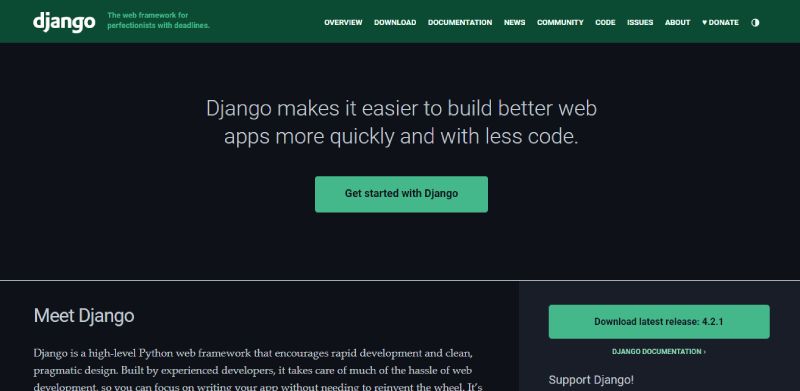
The first of these Laravel alternatives is Django. Django’s like that one-stop shop where you grab everything you need for a full-blown web project, all off one shelf. It’s the big-brained Python framework that anticipates your moves, keeping you steps ahead with a crazy stack of built-in features.
Best Features:
- Superb documentation
- Built-in admin interface
- ORM included
What we like about it: Its admin interface is a knockout — total time-saver and keeps things rolling smooth.
Express
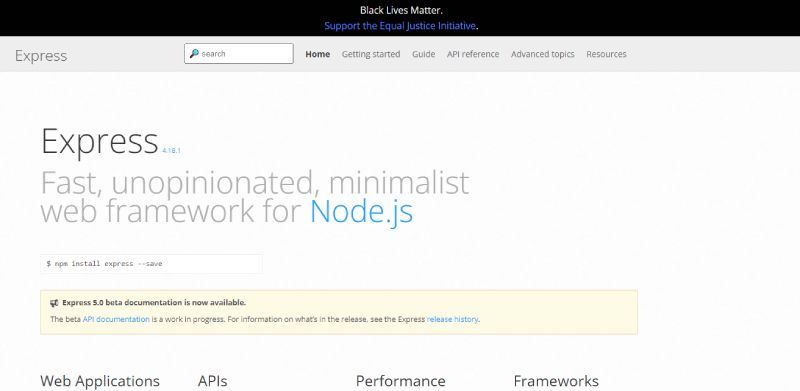
Express.js — or Express for the cool cats — is Node.js’s minimalist wingman. It’s the train tracks for your web app, setting the path, defining the stops, but letting you drive the engine.
Best Features:
- Simple, fast setup
- Robust routing
- Middleware support
What we like about it: Routing system is a dream; chaining routes is like playing connect-the-dots through your app.
Flask
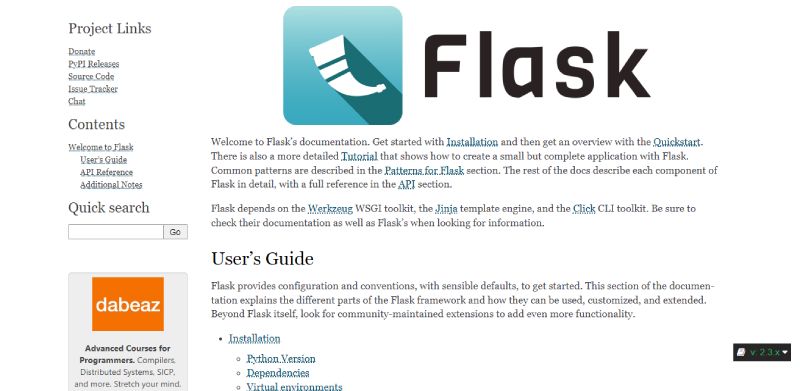
Flask is the micro that’s got your back without trying to run the show. It comes with the essentials but trusts you to pick your tools — no baggage attached, truly Pythonic at heart.
Best Features:
- Lightweight framework
- Extremely flexible
- Easy to learn
What we like about it: Flexibility’s the winner — Flask gives you the chalk, lets you draw your own lines.
Rails
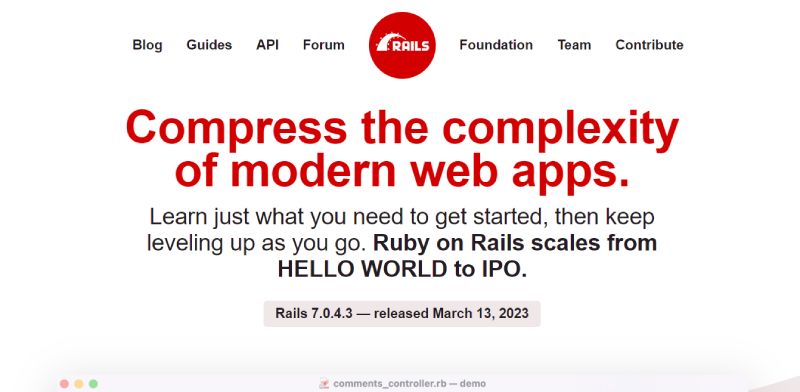
Rails, oh, Rails—Ruby’s gem that’s all about speeding up the ride. It pitches a convention over configuration mantra, particularly sweet for hacking away without getting swamped in decision-making quicksand.
Best Features:
- Convention over configuration
- Active Record ORM
- Vast gem library
What we like about it: The gem library’s a crowd-puller; it’s like having an Aladdin’s cave at your fingertips.
ASP.NET
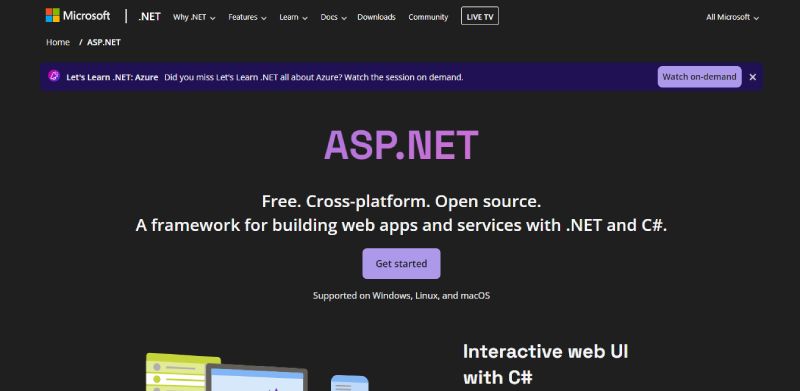
ASP.NET’s got that Microsoft muscle, a powerhouse of a framework for building dynamic web services and more. It lets you roll out robust websites with the smoothness that comes with deep pockets. Perfect for .NET software development teams.
Best Features:
- High performance
- Great scalability
- Extensive library
What we like about it: Performance is king — ASP.NET takes the trophy for crunching through requests like it’s nothing.
Spring Boot
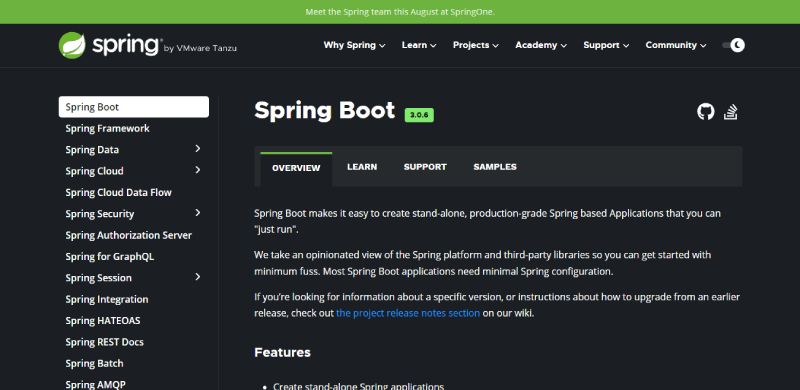
Spring Boot — Java developers’ shortcut to a galaxy of applications. It’s a leap forward, ditching the boilerplate, no longer about “all the setup”, it’s about “all the creation”.
Best Features:
- Autoconfiguration
- Standalone apps
- Opinionated setups
What we like about it: Autoconfiguration for the win – it’s the set-it-and-forget-it of back-end development.
Vue.js
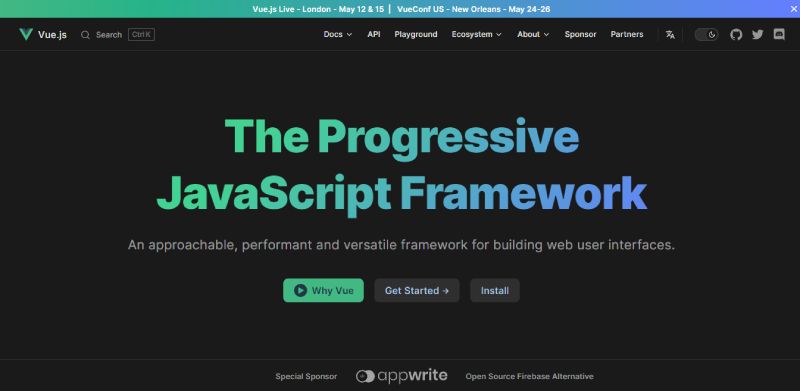
Vue.js — a sprightly little JavaScript framework — charmingly simple, surprisingly powerful. It’s playful, it’s approachable, and it makes building UIs and front-end applications feel like a walk in the park.
Best Features:
- Reactive components
- Two-way data binding
- Simple integration
What we like about it: The reactivity shines bright; it’s like your UI is telepathic with your data.
React
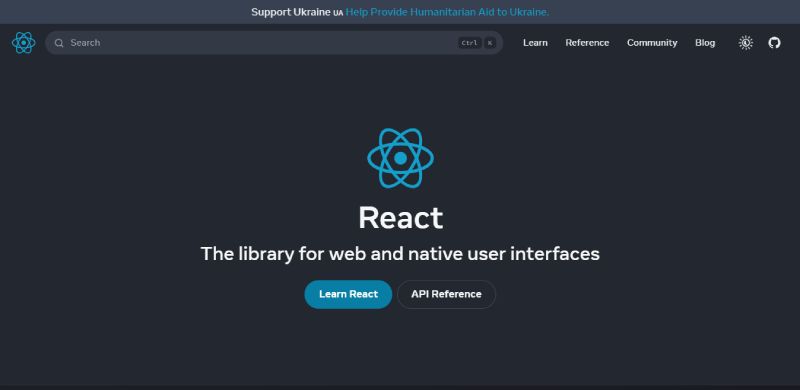
React’s the cool kid on the block, turning heads since Facebook dropped it at our feet. Building dynamic user interfaces feels less like coding, more like crafting with this JavaScript library.
Best Features:
- Component-based
- Virtual DOM
- Strong community
What we like about it: The Virtual DOM’s a standout — it’s like your app is looking into the future, and it’s fast.
Angular
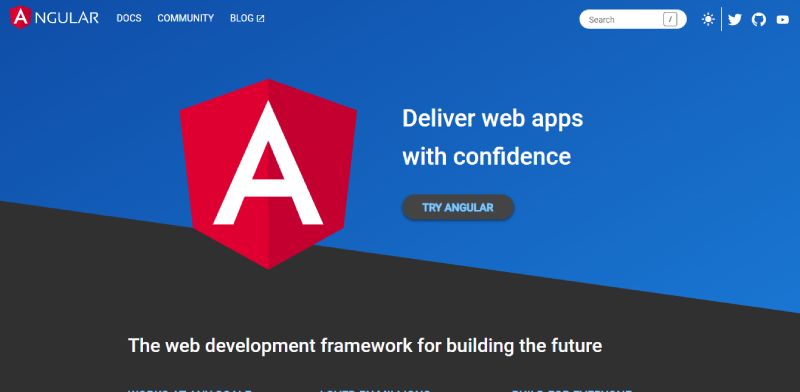
Angular’s that full-bodied framework that’s not just sipping on pretty UIs but also gulping down the tougher stuff like client-side applications. Google’s engineering might, a buffet of tools, and you’re all set.
Best Features:
- Two-way data binding
- High scalability
- MVC architecture
What we like about it: Two-way data binding — it keeps things synchronized like a well-oiled machine.
Ember.js
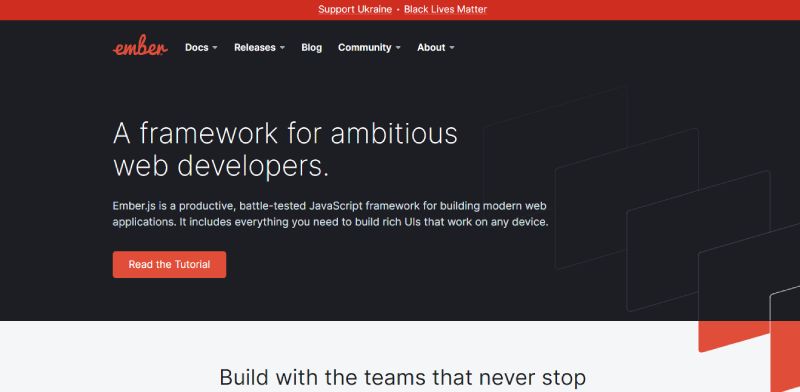
Ember.js — the ambitious framework that promises a developer heaven, paving your road to productivity with a convention-over-configuration dogma and a solidly structured path.
Best Features:
- Opinionated framework
- Templating engine
- Strong conventions
What we like about it: Its templating engine is stellar, a real time-saver, making it easy to tame the wild DOM.
Meteor
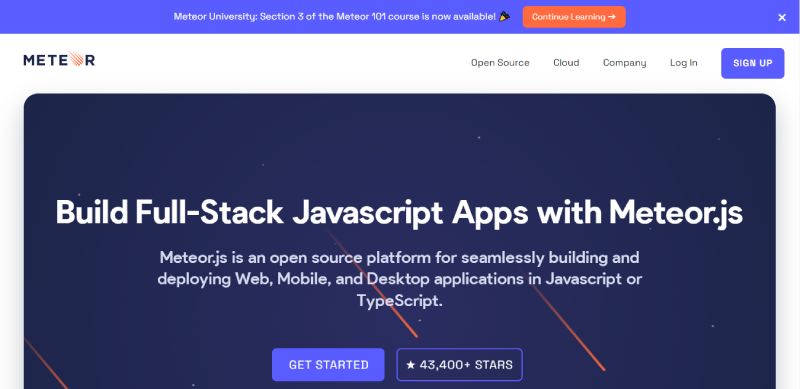
Meteor — a full-stack platform that’s got every stage of your app covered. Real-time by default, it’s about in-sync, on-the-fly updates across client and server. Magic? Feels like it.
Best Features:
- Full-stack
- Real-time capabilities
- Easy to learn
What we like about it: Real-time is its heartbeat, a feature that catapults user experience straight into the stratosphere.
Svelte
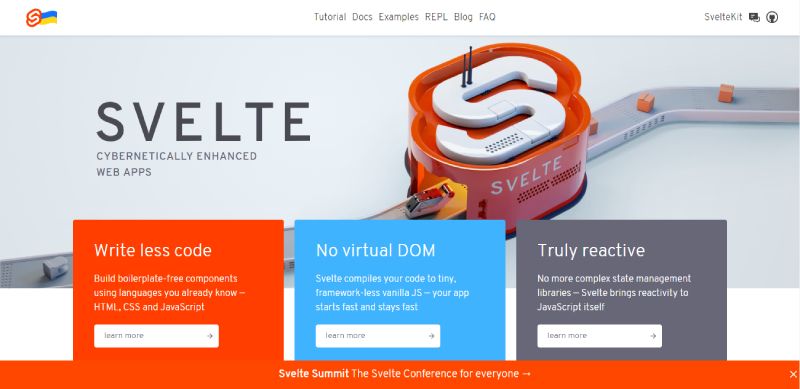
The next of these Laravel alternatives is Svelte. It cuts through the complexity, snipping off any excess, pre-compiling its magic to keep your app lightweight without shedding any muscle. The end result? Lightning strikes in web performance.
Best Features:
- No virtual DOM
- Reactive without the bloat
- Compile-time magic
What we like about it: Compile-time tricks are the bomb — efficiency’s never looked this good, no virtual DOM needed.
NestJS
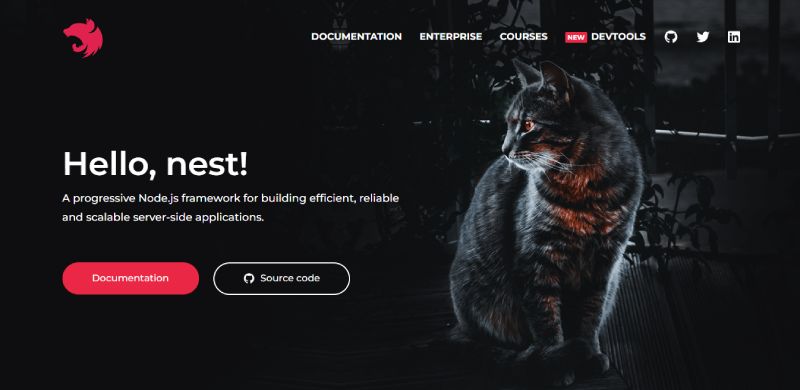
NestJS is a Node.js framework that’s inspired by Angular, and guess what? It’s written in TypeScript. Building with Typescript is like you’re navigating with the stars. It’s all about sturdy architecture, a server-side framework that enjoys the scripting superness while piling on extra sturdiness.
Best Features:
- Uses TypeScript
- Modular structure
- Versatile, scalable
What we like about it: TypeScript support’s the biggie — type safety and modern syntax holding hands under the JavaScript sun.
Hapi
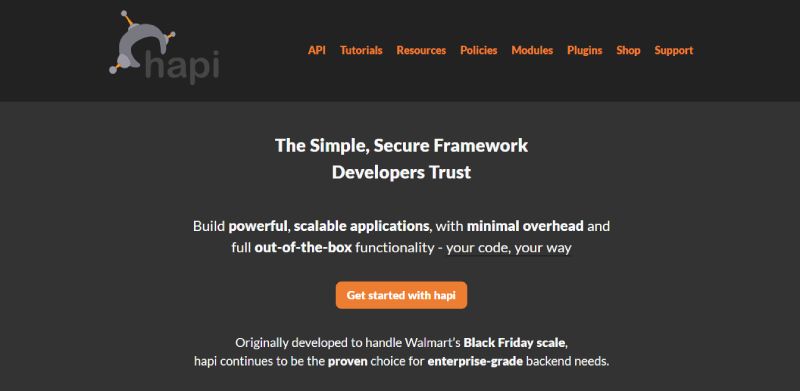
With Hapi, you get to mold your server framework like clay — sculpting routes, plugins, and the whole deal without breaking a sweat. It’s about building API artistries that are not just functional but fundamentally solid.
Best Features:
- Plugin system
- Detailed configuration
- Built-in caching
What we like about it: That plugin architecture’s a hit — it’s like getting a custom suit tailored for your server.
AdonisJS
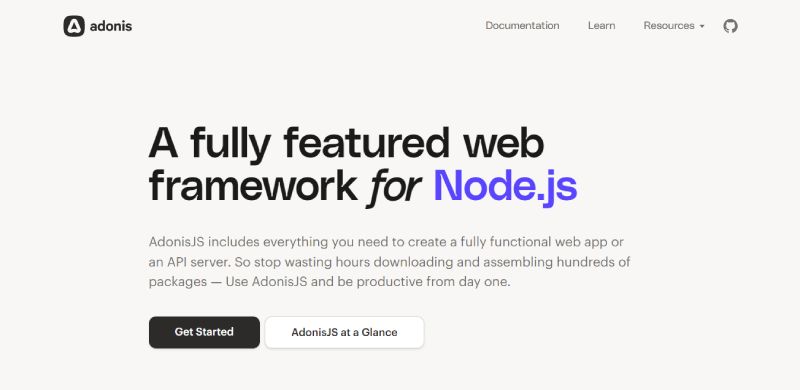
AdonisJS treats devs to a smoother ride, an elegant Node.js framework that follows Laravel’s footsteps closely. It’s about bringing beauty to backend scripting, with every keystroke.
Best Features:
- MVC pattern
- User authentication
- SQL ORM
What we like about it: The authentication system here’s a breath of fresh air; seamless and secure right out of the box.
Sinatra
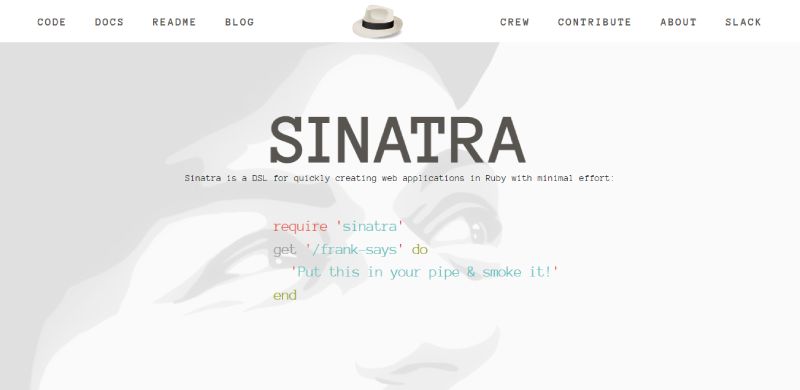
Sinatra swings to its own tune, a Ruby framework for minimalist fans at heart. It’s about keeping it simple, just right for those times when all you need is a light, direct solution to serve and fly high.
Best Features:
- Lightweight structure
- Fast and efficient
- Great for simple applications
What we like about it: Its simplicity is its signature — it’s like a good jazz riff, uncomplicated but powerful.
FastAPI
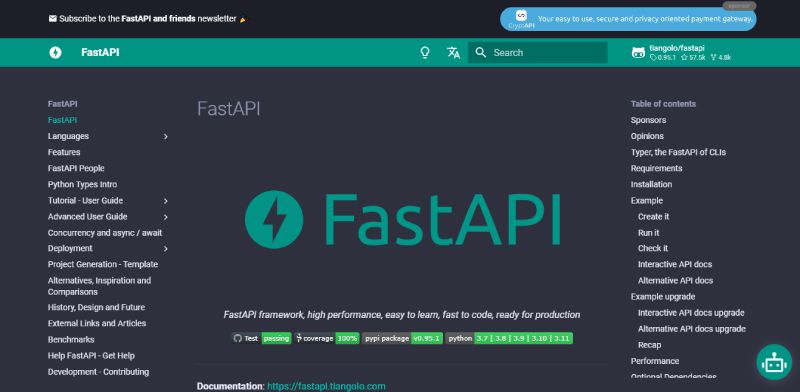
FastAPI, as the name hints, is a swift mover. Built on Starlette, it’s all about speed and performance with Python. Crafting API masterpieces at the speed of light, now that’s something.
Best Features:
- Great performance
- Type checking
- Asynchronous support
What we like about it: The type checking’s what sets it apart; caught a bug? FastAPI’s light’s probably already flashing.
Koa
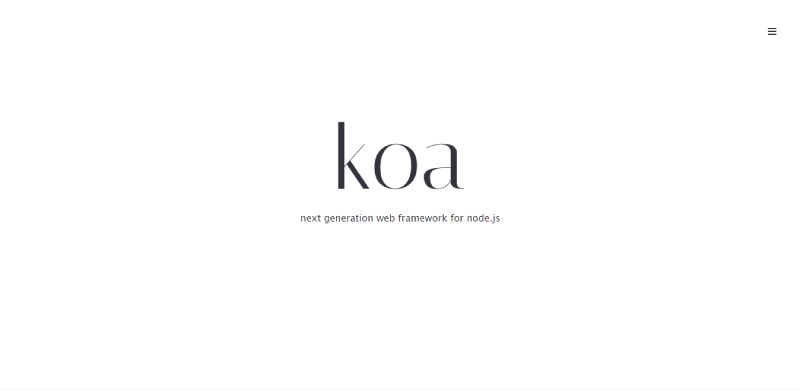
Koa — from the creators of Express — rolls out with new riffs in web application craftsmanship. It’s lighter, nimbler, and has ditched the middleware weight to give you more control. Call it Express’s leaner, meaner sibling.
Best Features:
- Lightweight core
- Use of async/await
- Customizable
What we like about it: Async/await strikes a chord; it’s like your coding’s in tune with the modern JavaScript symphony.
Phoenix
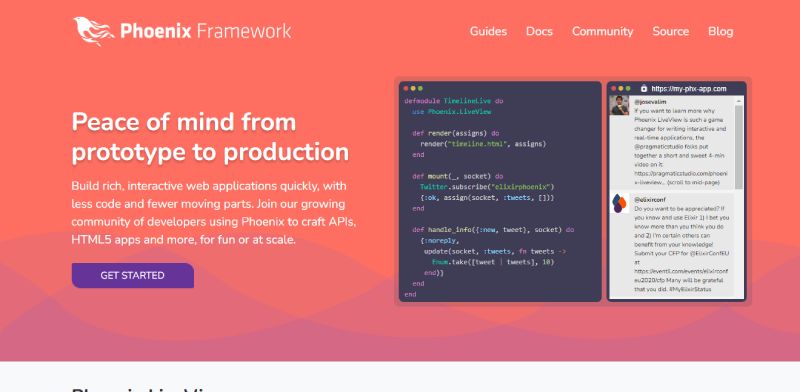
Phoenix rises with the grace of Elixir, flaunting real-time features and robustness that could make even seasoned frameworks blush. It’s about fast, maintainable web experiences, not just quick fixes.
Best Features:
- High scalability
- Maintains fast responses
- Real-time capabilities
What we like about it: Scalability’s the rockstar here, ensuring your app can grow big without groaning under pressure.
Play Framework
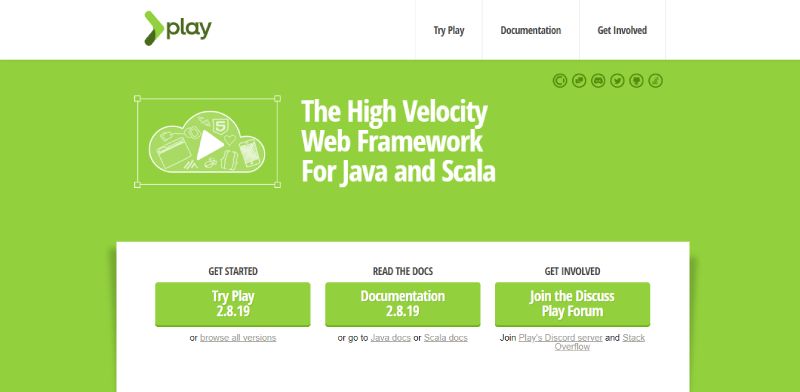
Play Framework brings Scala and Java into harmony, offering a backstage pass to simplistic, asynchronous web development. No song and dance, just straightforward high-octane performance.
Best Features:
- Asynchronous processing
- Convention over configuration
- Scala and Java compatibility
What we like about it: Asynchronous action tops the charts; fast, responsive, and doesn’t make your servers skip a beat.
FAQ on Laravel alternatives
Why Do Developers Look for Laravel Alternatives?
Honestly, every dev hits a crossroad. Maybe they need a different flavor in performance, simplicity, or features. They might crave a Symfony level of flexibility or just want to explore beyond the PHP realm. It’s all about the right fit for their project’s vibe.
What Are the Most Popular Laravel Alternatives?
So, Symfony and CodeIgniter are usual suspects – seasoned yet still sharp. Zend’s there too, offering that enterprise zest. For devs seeking a radical shift, Node.js can jazz things up or even Django, if they’re down for a Python twist. There’s prime choice in this coding salad.
Is CodeIgniter Easier Than Laravel?
Easier’s subjective, right? For some, the no-fuss, get-down-to-business aura of CodeIgniter feels like home. Lightweight, sure. Less complex than Laravel with its bells and whistles? Definitely. It’s like choosing between a swiss army knife and a trusty old pocket blade.
Can Symfony Be a Good Laravel Replacement?
Oh, you bet. When devs talk Symfony, they’re eyeing robustness and a modular vibe that Laravel fans might miss. Its reusable components could tempt even the most loyal Laravel artisans to at least take a peek.
How Does Zend Framework Compare to Laravel?
Well, Zend Framework has that corporate suit and tie feel – it’s all about complexity, baby. But, if a project calls for it, the shift can make sense. It’s meticulous, kind of a stickler for rules, which in certain dev circles, is absolutely golden.
Is Yii Framework Faster Than Laravel?
Speed’s the name of the game, and Yii’s got its turbo on. It’s like Laravel after too much coffee – full of zest, especially with performance optimization. Still, fast doesn’t always clinch the win; it’s about what speed means to your project.
How Does Phalcon’s Performance Measure Up?
Here’s the scoop: Phalcon’s a speed demon, thanks to its C-extension stature. Low overhead, high-speed cruising – that’s the Phalcon promise. If you’re gunning for efficiency in your web app, this bird might just have the wings you need.
Why Would a Developer Choose Slim Framework Over Laravel?
Let’s talk minimalism. Slim Framework is about slimming down to the essentials, perfect for petite projects or APIs that just wanna get to the point. It’s the antithesis of feature-bloat, a cleanse for the overworked dev palate.
Can Non-PHP Frameworks Really Replace Laravel?
In some universes, yes. Node.js whispers sweet nothings to those looking for that JavaScript all-in-one song, and Django flirts with Python lovers seeking a MVC rendezvous. It’s not about replacing; it’s courting a different dance partner.
How Important Is Community Support for Laravel Alternatives?
Mighty important. Without a squad of fellow devs to back you up, you might as well be coding in the dark. A thriving community means shared griefs, high-fives, and an arsenal of troubleshooters – something Laravel’s known for, but other frameworks like Symfony and CodeIgniter also boast.
Ending thoughts
We’ve journeyed through a maze of options, untangling the web of Laravel alternatives. From the sleek streets of Symfony to the rapid rails of CodeIgniter, it’s been a trip.
- Picked apart performance perks.
- Dived into doc dives – are they good? Yo, they’re important.
- Checked out community vibes. Spoiler: They’re pretty darn key.
Each framework flashes its own badge of cool, its own swagger. Whether it’s Yii flexing its speed muscles or Phalcon flaunting its lightweight finesse, there’s a flavor for every taste bud out there.
Remember, this isn’t about finding a one-size-fits-all cape. It’s personal. It’s about what clicks, what feels just right project-wise. So take these insights, spin them into your web, and watch your digital canvas come to life in colors you choose. Your masterpiece awaits! 🎨
If you liked this article about Laravel alternatives, you should check out this article about Angular alternatives.
There are also similar articles discussing PHP alternatives, Ruby alternatives, Redux alternatives, and Express alternatives.
And let’s not forget about articles on Spring alternatives, Flask alternatives, TypeScript alternatives, and Python alternatives.
- Ruby’s Realm: What is Ruby Used For? - April 25, 2024
- Preventing Emails From Going To Spam In Gmail with GlockApps - April 25, 2024
- Key Technologies Shaping UX/UI in Web Portal Development - April 25, 2024

